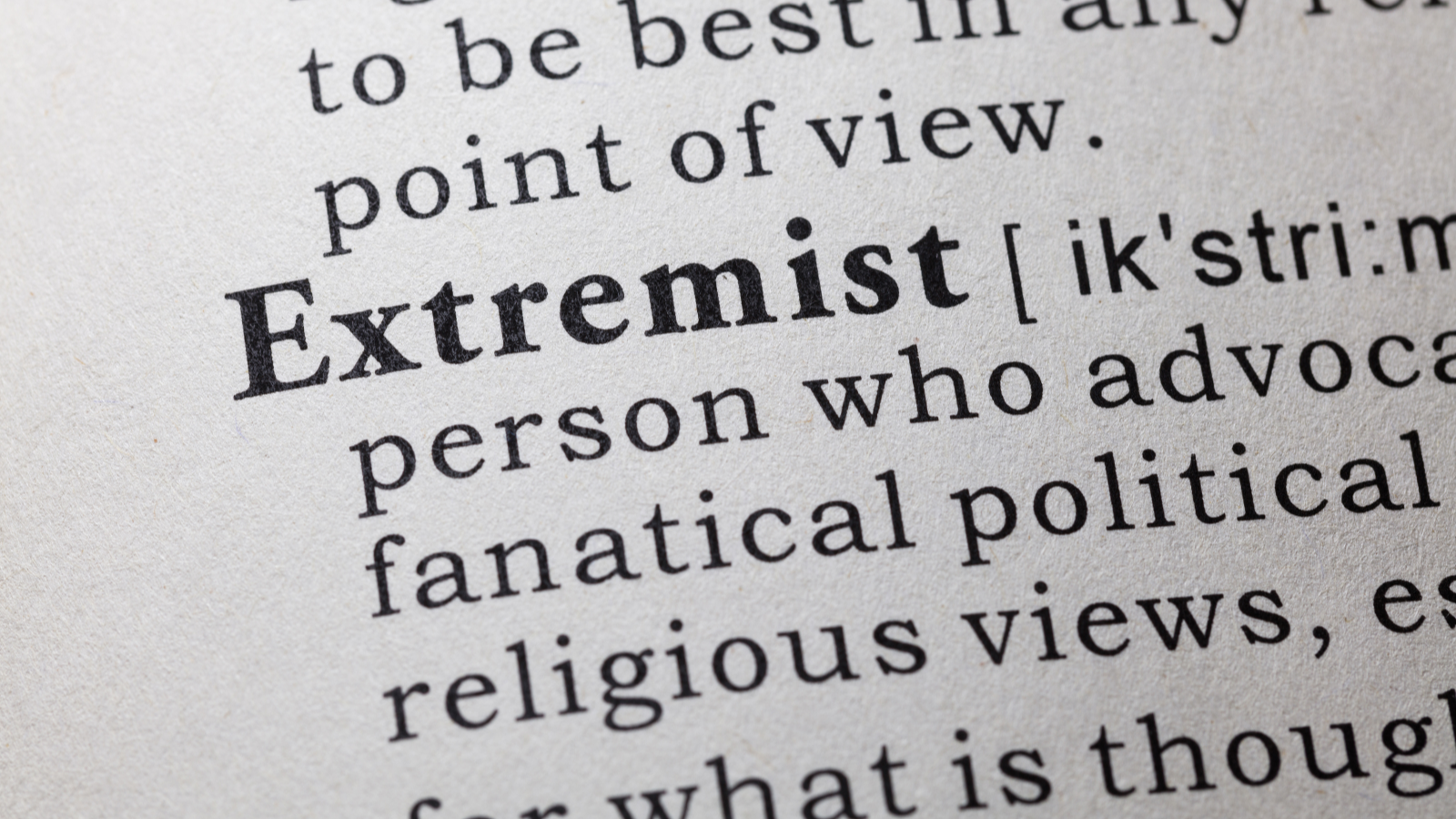Overcoming gay shame might reduce suicide attempts

I came across an interesting Facebook post recently celebrating the International Day against Homophobia and sharing the outcome of a recent study on teenage suicide in the USA.
Researcher Julia Raifman found that suicide attempts by gay, lesbian and bisexual teens had dropped significantly following the enactment of marriage equality laws in the United States. Raifman argues that the introduction of marriage equality is likely to have made gay teens feel ‘more hopeful for the future’. Ellen Kahn, of the Human Rights Campaign observed that ‘what we can learn from this study, and what we know from hearing directly from LGBTQ youth, is that the convergence of a supportive family, a safe and welcoming school, legal protections, and being equal in the eyes of the law can provide the foundation necessary to thrive and flourish into adulthood.’
Suicide rates amongst gay men in the UK have long been found to be significantly higher than in heterosexual men whose suicide rates in turn are also significantly higher than in women. I have worked with gay and bisexual men as a Psychologist for the last twenty years and amongst all the things my clients have taught me one fact stands out most: Gay and bisexual men suffer terribly from the shame they have internalised by not growing up in a supportive family or school environment or in fact as an integrated part of society. Internalised homophobia is the most significant stressor in gay and bisexual men’s lives. The bullying they may have experienced at school eventually stops but without knowing it many men carry internalised shame around with them, causing them to feel a deep sense of unhappiness without even knowing why.
It is very common for me to see a man in the best years of his life, at the height of his career and who may outwardly be stylish but whose life suddenly hits the wall. When the celebrations of coming out and joining the pride parade subside, when casual encounters have stopped being fun, these men are left with a deep sense of inadequacy and shame that they have been carrying from their teens. It may not be until they encounter therapy that they recognise the shame inside them. Outwardly they can seem to others to be proud members of the LGBT community but inwardly they may feel a profound sense of inadequacy along with the crushing weight of not feeling lovable for who they are.
This can have very negative consequences for mental health and can be reflected in drug and alcohol use and also in bad relationship experiences. If you feel unloved and alienated, drugs and alcohol may seem like the most obvious escape. In desperation many turn to mental health services only to get more labels, stigma and shame.
The identity of a gay man is not just about his sexuality but his masculinity. A male psychology section within the British Psychological Society would therefore help recognise the specific needs of gay and bisexual men. It would help UK psychologists take a lead on researching, raising awareness and reducing shame, stigma and trauma amongst gay men. It would help to advance knowledge and improve psychological practice across all our public institutions.
The US research makes me feel hopeful that we may be entering a new era of helping kids feel better about their sexuality. Here in the UK we have made so much progress in terms of LGBTQ+ rights. Now is the time for us to help young gay and bisexual men to get support and recognition earlier in life so that they don’t need to go through years of painful internalisation of shame that places their future mental health at risk. We need gay pride but just as importantly we need Gay Shame Awareness!
This article was first published on the Male Psychology Network website in 2018.
Scroll down to join the discussion
Disclaimer: This article is for information purposes only and is not a substitute for therapy, legal advice, or other professional opinion. Never disregard such advice because of this article or anything else you have read from the Centre for Male Psychology. The views expressed here do not necessarily reflect those of, or are endorsed by, The Centre for Male Psychology, and we cannot be held responsible for these views. Read our full disclaimer here.
Like our articles?
Click here to subscribe to our FREE newsletter and be first
to hear about news, events, and publications.

Have you got something to say?
Check out our submissions page to find out how to write for us.
.
Soren Stauffer-Kruse is a London-based BPS chartered and HPC registered practitioner psychologist specialising in Counselling Psychology. He has over 15 years of experience of working in Private Practice, the NHS and the Voluntary Sector. He is a guest lecturer at some of the UK’s most prestigious academic programs in Clinical and Counselling Psychology and LGBT Psychology. Soren also writes for both academic and mainstream publications.















































